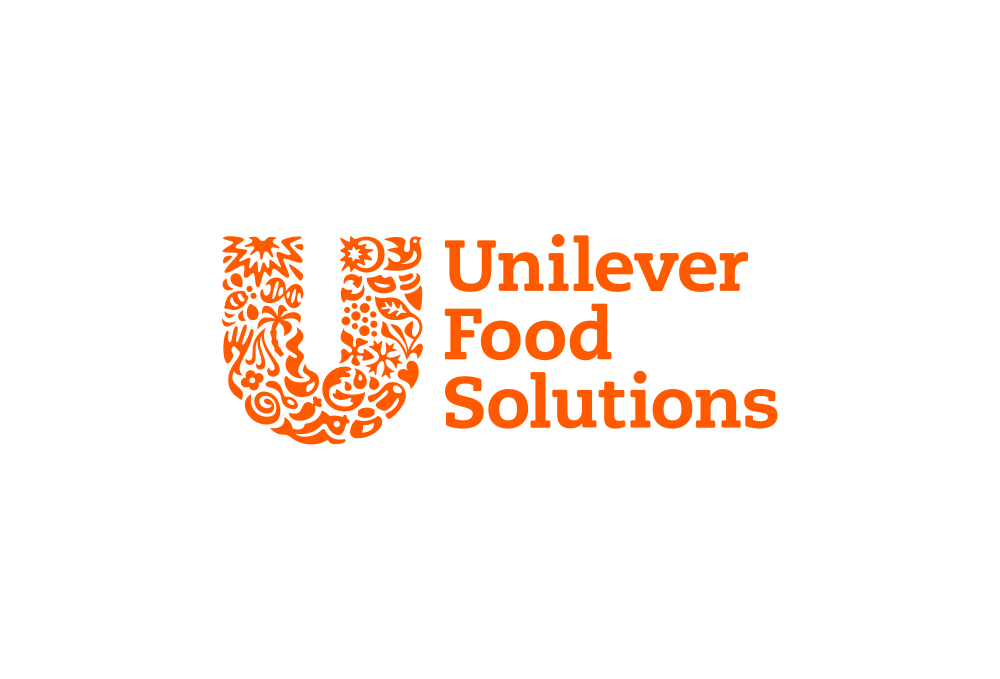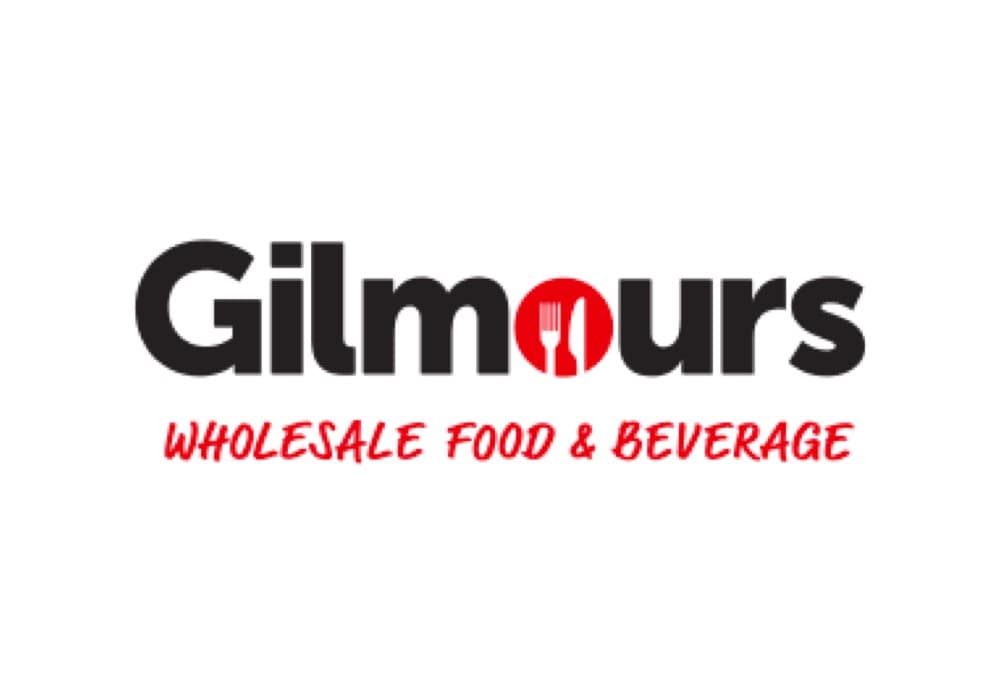Posted on Thursday, 22ⁿᵈ July, 2021

Barry McKibbin, the Hospitality Service Manager from Anglican Care on the mid-north coast of NSW spoke to Unilever Food Solutions about their Meals Matter Project.
Barry has been with Anglican Care for over 8 years and in 2018 he and his team took on the challenge of improving food across all their homes in the Newcastle, Hunter and Mid-North Coast area.
The initiative started when Barry realised,
“We don’t provide food to aged care residents. We provide quality meals to our customers.”
It was a moment that led to the development of the Meals Matter Project and the understanding that almost every aspect of food in aged care needed to be re-evaluated; starting with the language used, to the quality of equipment, staff, and meal presentation.
The project started with a strategic planning session to answer the question, ‘how do we improve the food we offer our customers?’
The answer was broken into two parts, and this forms the framework of the project:
- What are the standards we aspire to
- How do we achieve these standards?

This first session also highlighted the fact that the project was significantly bigger than first assumed. Two more strategic planning sessions were scheduled, so every aspect of the food process could be assessed and considered.
The outcome of the first session was the creation of three standards. These three standards meant Anglican Care had a clear and measurable framework to adhere to, to create a complete dining experience.
The Anglican Care standards are closely aligned to the New aged care standards which came into effect in July 2019.
Barry also said it gave the organisation a way to gauge the effectiveness of the actions we took.
The three standards are:
- Food Standards
- Dining Standards
- Service Standards
Each of the standards have defined subsets, each with a statement and a description. Where appropriate images are used to further illustrate what or how each particular standard is to be met.
For Anglican Care, the results from the initial implementation of the Meals Matter Project have been positive.
Some of the major benefits have been:
- Improved customer satisfaction
- Reduced cases of weight loss - and subsequent responses needed
- Improved staff morale and confidence
- Improved quality and compliance outcomes

The other two very significant steps taken by Anglican Care were upgrading their kitchen equipment and upskilling all their kitchen and service staff.
As part of the workshop sessions, Anglican Care realised they could not provide the level of food service they aspired to if they did not commit to upgrading the kitchen equipment in all their facilities.
It then followed that all kitchen staff would require training so that the upgraded facilities could be used to their full potential.
Because some of the changes involved evolution of food cooked at a central kitchen, to a larger portion of meals cooked fresh onsite, and assessment of staff skills. As a result, the position of facility cook was created and filled for all locations.
The process of implementing the standards is ongoing and an iterative process. Changes are constantly being made to refine the standards so they can continue to improve and expand the outcomes of the initiative.

Disclaimer: The content of this article is created for inspiration purposes only. It is not intended as clinical, medical or nutritional advice.
Related Articles
Top recipes
-
Tortellini soup -
Creamy Cauliflower Chowder -
Beef and Vegetable Soup -
Roasted Pumpkin and Cumin Soup -
Tomato and cheddar cheese cornbread -
Zucchini Pasta Napoli -
Beef Vindaloo -
Lamb Rogan Josh Hot Pot -
Mediterranean fish stew -
Moroccan Lamb Tagine -
Pork Belly with Sauteed Apples and Cider Gravy -
Chocolate Eclairs -
Citrus Fresh Pannacotta -
Cinnamon Doughnut Brulee Pudding
Related Products
Log in or Create an account to access:
- Get access to this content
- Discover the latest culinary trends
- Explore and save your favourite recipes
- Watch free video training courses for chefs























